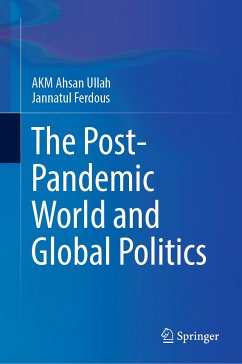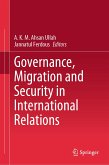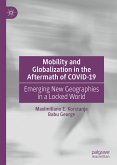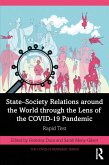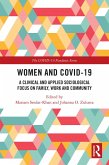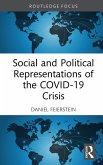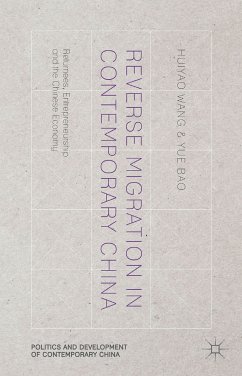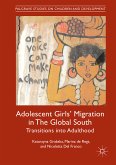The book examines the impact of COVID-19 on economic and political processes, contending that the global reaction to the pandemic has been the largest failure in scientific policy in a generation. Unlike earlier crises, it has impacted the world's leading economies while also paralyzing international ties, provoking diverse and far-reaching reactions. The authors posit that no effective global response has been launched in response to this global catastrophe. Rather, governments have implemented a variety of policies based on the costs of virus protection against financial closure and isolation. In doing so, there has been a resurgence in nationalism. This book aims to provide comprehensive understanding of how the pandemic has widened political gaps, and demarcates what the long-term consequences might be in terms of policies and economics in the wake of the pandemic. Of interest to scholars in political geography, development studies, international relations, public administration, and health science, this book presents key observations on existing theories of global politics pivoted around the COVID-19 pandemic, and its ramifications on individuals, groups, and ultimately, the nation state.
Dieser Download kann aus rechtlichen Gründen nur mit Rechnungsadresse in A, B, BG, CY, CZ, D, DK, EW, E, FIN, F, GR, HR, H, IRL, I, LT, L, LR, M, NL, PL, P, R, S, SLO, SK ausgeliefert werden.

